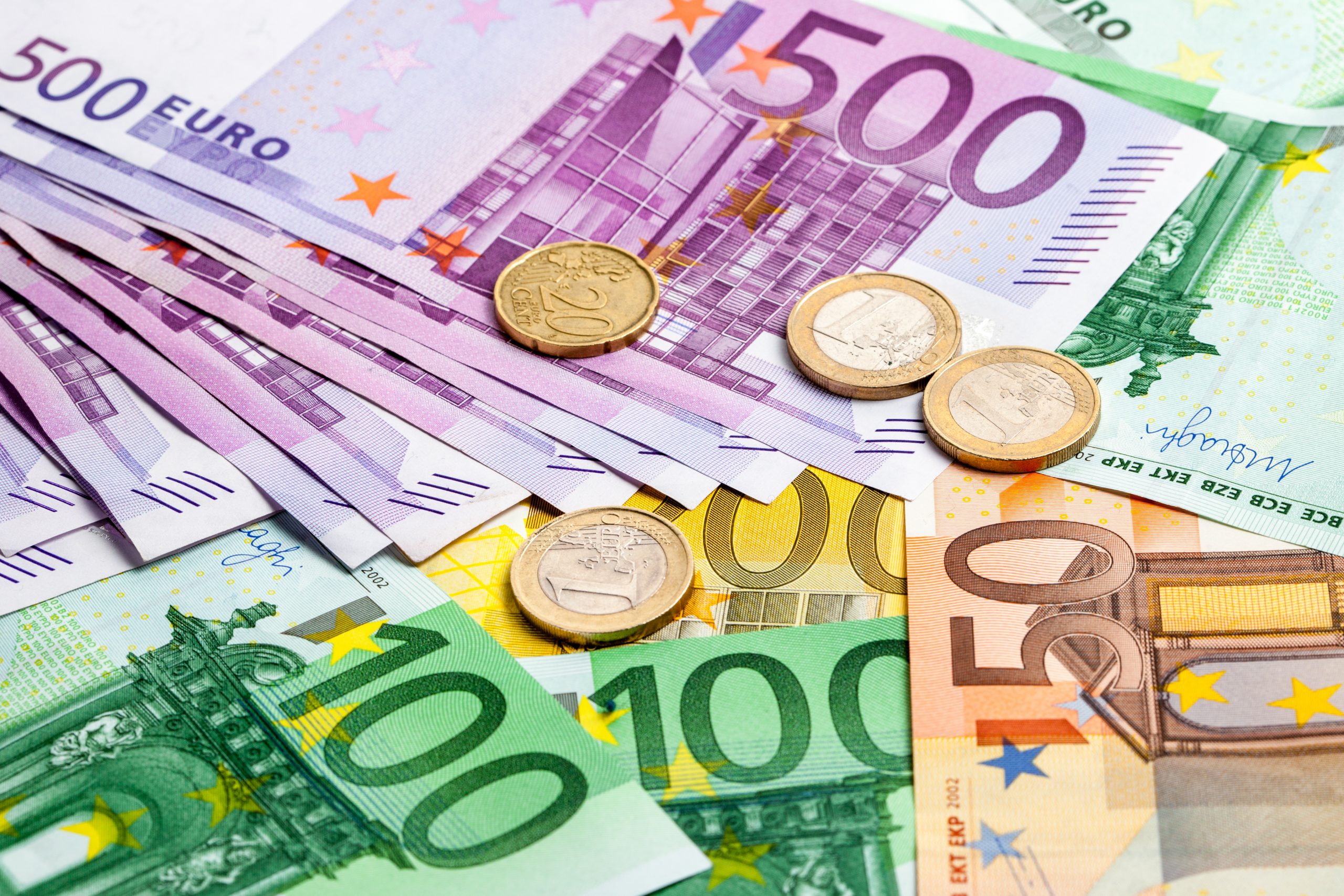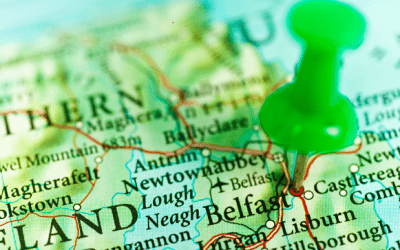The pound is still in the doldrums. A few years ago, before the EU referendum vote, a pound bought €1.43 – since it’s dropped significantly and hasn’t recovered much. Last summer it bought €1.14, and today it’s hovering around the €1.16 mark.
People are asking, “I’m going away in about six weeks – should I buy my euros now or wait?” And certainly as we live in times of such constant political uncertainty, it’s an important question.
Markets move based on expectations, so if interest rates go up, but not as much as was thought, that could make the exchange rate drop. Yet many other factors affect the pound’s strength – general economics, speculation, political stability and more. Exchange-rate moves are about the relative strength of the currency you’re buying, too. So all the same factors impact that currency’s strength, and it’s the resultant interaction that dictates the price. After the Brexit result, which the markets (rightly or wrongly) didn’t like, the pound dropped against the euro, but dropped more against the dollar – because the euro itself was weakened by the result.
Currency Chart
How is the pound going to move in the next few months?
Put simply… I don’t know. And anyone who tells you they do is a liar. Currency rates fluctuate each minute, both on the economics and the whims of City traders trying to second-guess those movements.
Of course someone will say, “Buy now”, someone else will say, “Wait”, a third that rates will stay the same. One will be right, and may say, “I told you so”, but that doesn’t mean they knew.
‘If you’re nervous, hedge your bets’
To do this, buy roughly half what you need at today’s best rate – whether in cash or on a prepaid and then for the rest just rely on the best rate on the day you spend.




